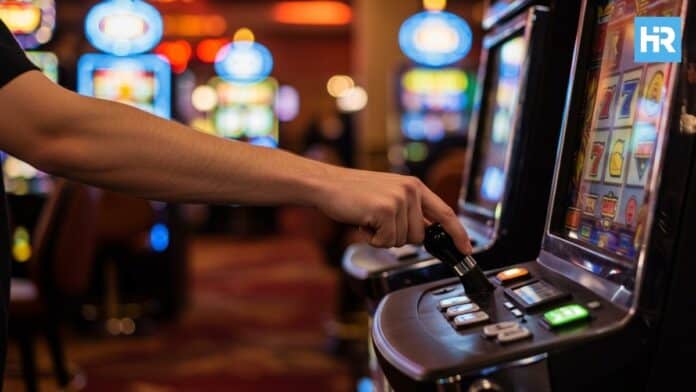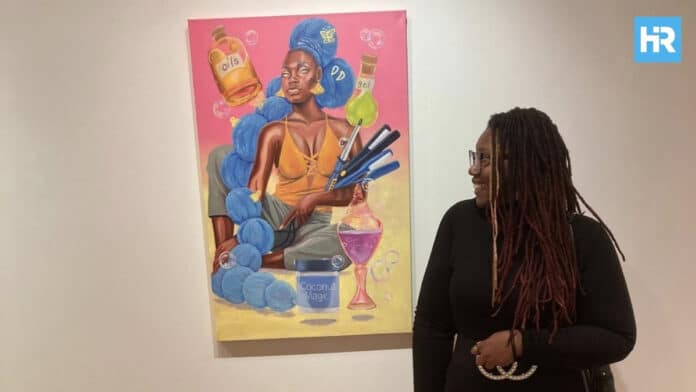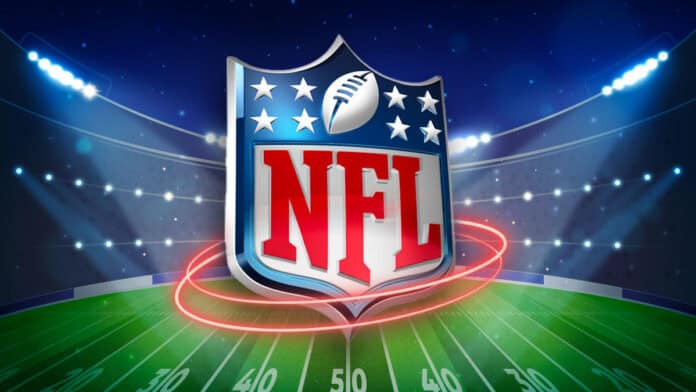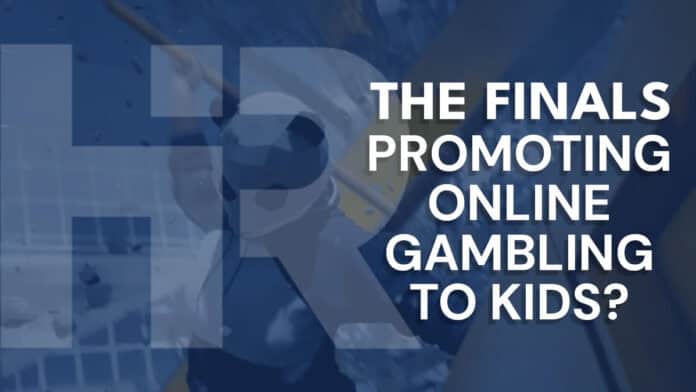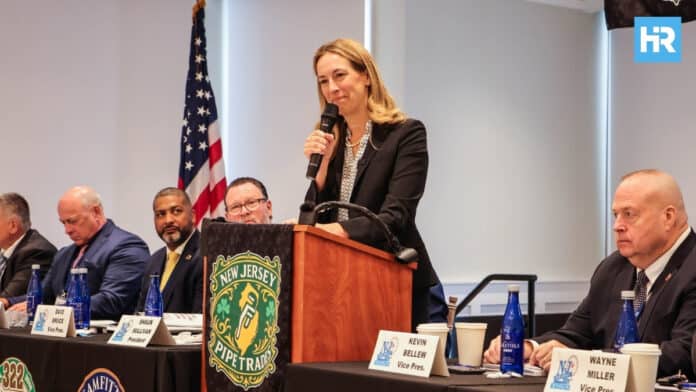Online slot machines that appear identical may operate under different Return to Player (RTP) percentages across various platforms, creating confusion for players who expect consistent performance. Industry data reveals that major software providers now routinely offer multiple RTP configurations for the same game, ranging from budget-friendly 94% versions to premium 96% variants.
This practice of offering multiple RTP slot versions has become standard across the industry, with providers allowing operators to select configurations that align with their business models and regulatory requirements. Players who understand these variations can make more informed decisions about where and how they engage with their preferred games.
Industry Standard Practice Drives Multiple Configurations
Software providers create different RTP configurations to accommodate varying market conditions and operator preferences. A single slot title may launch with three or four distinct versions, each targeting different market segments and player demographics.
Provider RTP variants serve multiple business purposes beyond simple profit margins. Regulated markets often mandate minimum RTP thresholds, while some jurisdictions require higher percentages to protect consumers. Additionally, operators serving different customer bases may prefer configurations that align with their platform’s positioning and player expectations.
The technical infrastructure supporting these variations involves minimal changes to the game’s core mechanics. Providers adjust payout tables and bonus frequencies rather than rebuilding entire game engines, allowing for cost-effective customization across multiple markets.
Where Players Can Locate RTP Information
Game information panels typically display RTP percentages, though the location and prominence of this data vary significantly between providers and platforms. Most modern slots include an “info” or “help” section accessible through the main game interface, where players can review payout tables and technical specifications.
However, not all platforms present this information with equal clarity. Some operators prominently feature RTP data in game descriptions, while others require players to navigate through multiple menu screens to access these details. The disparity in presentation reflects different approaches to transparency and player education.
Testing lab summaries offer an additional avenue for RTP verification, particularly for games that have undergone independent certification. These documents, when made publicly available, provide detailed breakdowns of game mathematics and expected performance across extended play sessions.
Documentation Strategies for Informed Play
Establishing a simple session log RTP tracking system helps players identify patterns and avoid confusion when switching between platforms. A basic spreadsheet or note-taking application can capture essential details, including game title, platform, stated RTP, session duration, and observed performance.
This verification checklist approach proves particularly valuable for players who frequent multiple platforms or engage with games that offer bonus buy features. Bonus buy RTP differences can significantly impact overall returns, as these features often operate under separate mathematical models from base game play.
Regular documentation habits also help players recognize when they encounter feature toggles and RTP variations. Some games allow operators to enable or disable specific features, each carrying different mathematical implications for long-term returns. Players using mobile casinos should pay particular attention to these variations, as mobile versions sometimes implement different feature sets compared to desktop counterparts.
Provider Game Sheet Analysis
Official provider game sheets contain comprehensive technical data that extends beyond basic RTP figures. These documents outline volatility ratings, hit frequencies, maximum win potential, and detailed bonus mechanics that influence overall game performance.
Major providers, such as NetEnt, Pragmatic Play, and Play’n GO, maintain public databases of their game specifications, offering transparency for both operators and end-users. These resources prove invaluable for players seeking to understand the mathematical foundation underlying their preferred games.
When examining provider documentation, players should note whether RTP figures account for all game features or only base game play. Games with complex bonus structures may present separate RTP calculations for different play modes, creating additional layers of variation to consider.
Platform Selection and RTP Verification
The choice of gaming platform significantly influences which RTP configurations players encounter. Premium platforms often feature higher RTP versions to attract and retain customers, while budget-focused operators may prioritize lower-percentage variants to maintain competitive pricing.
Players researching optimal platforms for their preferred games should compare stated RTP figures across multiple sites. This comparison process helps identify leading online casino websites for specific game titles and play styles.
Mobile-optimized platforms sometimes feature different RTP configurations compared to their desktop counterparts, reflecting the distinct user experience and engagement patterns associated with other device types. Players who switch between devices should verify whether their preferred games maintain consistent mathematics across platforms.
Technical Considerations and Fair Play
Understanding multi-RTP slot versions requires recognizing that these variations operate within established regulatory frameworks designed to ensure fair play. Licensed operators must clearly disclose RTP information and maintain compliance with jurisdictional requirements regarding game mathematics.
Random number generation remains constant across different RTP configurations, ensuring that each spin maintains independence regardless of the specific percentage variant being played. This consistency applies across all gaming environments, including cryptocurrency-focused platforms where players often seek bitcoin-compatible casino options that maintain the same mathematical integrity as traditional payment methods.
Players should also understand that stated RTP figures represent theoretical returns calculated across millions of spins. Short-term sessions may deviate significantly from these percentages, regardless of the specific configuration being played.
Regulatory Landscape and Consumer Protection
Different jurisdictions mandate varying levels of RTP disclosure and minimum percentage requirements. The United Kingdom requires operators to make RTP information readily accessible, while some markets have implemented minimum RTP thresholds to protect consumers from games with particularly low RTP percentages.
These regulatory differences contribute to the prevalence of multiple RTP versions, as providers must adapt their offerings to comply with diverse legal frameworks. Players benefit from understanding their local regulatory environment and the protections it provides regarding game transparency.
Some markets have also implemented additional requirements regarding bonus feature disclosure, ensuring that players understand how optional purchases or feature activations affect overall return percentages.
Implementation of Tracking Systems
Effective RTP tracking requires a consistent methodology and realistic expectations about data collection. Players should focus on recording verifiable information rather than attempting to calculate actual returns from limited session data.
Key data points for tracking include game version identifiers, platform names, session timestamps, and any notable variations in game behavior. This information proves most valuable when accumulated over extended periods and multiple gaming sessions.
Advanced players may choose to track additional metrics such as bonus frequency, feature activation rates, and maximum win achievements. However, basic RTP logging provides sufficient information for most players’ needs and decision-making processes.
Industry Trends and Future Development
The prevalence of multi-RTP slot versions continues expanding as providers seek greater market flexibility and operators demand customizable content. Understanding RTP variations will become increasingly crucial for informed gaming decisions.
Emerging technologies may eventually provide real-time RTP tracking and comparison tools, offering players enhanced transparency and choice. Some forward-thinking operators, particularly those offering privacy-focused gaming experiences, have begun implementing more transparent RTP disclosure practices as a means of gaining a competitive advantage.
Players who develop strong RTP awareness and tracking habits position themselves to make informed decisions as the industry continues to evolve toward greater customization and market segmentation.
Putting RTP Knowledge to Work: Final Words
The reality of multi-RTP slot versions reflects modern market demands for flexibility and customization rather than deliberate obfuscation. Players who understand these variations and implement simple tracking systems can navigate the landscape effectively while making informed decisions about their gaming preferences.
Success in this environment requires ongoing attention to RTP disclosure, platform comparison, and personal documentation. While the proliferation of different configurations adds complexity, it also provides opportunities for players to optimize their gaming experiences through careful research and selection.
The key lies in developing consistent habits around RTP verification and maintaining realistic expectations about short-term performance variations. Players who approach these challenges systematically will find themselves better equipped to identify value and avoid confusion in an increasingly diverse gaming landscape.




